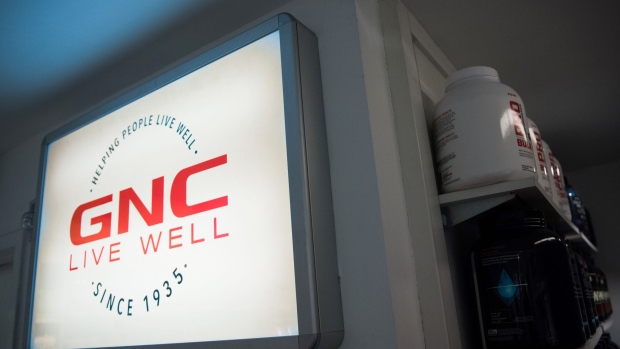Sep 17, 2020
GNC Wins Bankruptcy Court Approval for Sale to Chinese Sponsor
, Bloomberg News

(Bloomberg) -- GNC Holdings Inc. got legal permission to sell itself to Chinese sponsor Harbin Pharmaceutical in bankruptcy court despite recent resistance from U.S. political figures.
Bankruptcy Court Judge Karen Owens approved the health and wellness company’s plan to sell its assets to its largest shareholder and original bidder, Harbin Pharmaceutical Group Holding Co., for $770 million. The deal was also supported by GNC’s landlords and creditors, GNC’s lawyers from Latham & Watkins said at a virtual hearing Thursday.
“The market has spoken. The Harbin bid was the highest, best bid” that emerged during the marketing process and is “better than any alternative plan,” including liquidation, Latham’s Caroline Reckler said on behalf of the company. The sale also provides $4.5 million to GNC’s unsecured creditors who supported the sale as part of a global settlement with the company.
U.S. Florida Senator Marco Rubio voiced concerns last week over the company’s plans to sell to Harbin, citing risk of GNC customers’ personal data being exposed to the Chinese government. GNC continues to stand by Harbin’s bid and doesn’t believe there are any legal issues related to the sale, Reckler said in court, noting that “access to consumer data” is protected through quarterly audits that “will not change in anyway.”
The deal also calls for the assumption of 1,400 retail locations, saving thousands of jobs while closing under-performing storefronts, GNC’s lawyers said.
Read More: GNC Files Bankruptcy to Manage Debt With Plan to Sell Itself
GNC filed for bankruptcy in June with plans to sell itself, cut debt and close certain locations. Harbin and other co-investors were named as the so-called stalking-horse bidder of the company’s assets in a court-supervised sale process.
The company will also seek approval for the sale at a hearing before the Ontario Superior Court of Justice scheduled for Sept. 22, according to a regulatory filing. GNC said it expects to complete its restructuring process by year-end.
GNC traces its roots to 1935 when David Shakarian opened a health-food shop selling yogurt and sandwiches in Pittsburgh. The chain rode a wave of interest in nutrition, eventually expanding to over 9,000 outlets. It’s using the bankruptcy process to get out of and renegotiate expensive leases.
The chain sells health and nutrition products worldwide, including vitamins, supplements, minerals, herbs, sports nutrition, diet and energy supplements.
The case is GNC Holdings Inc., 20-11662, U.S. Bankruptcy Court, District of Delaware.
©2020 Bloomberg L.P.